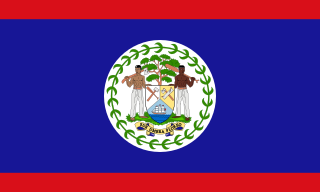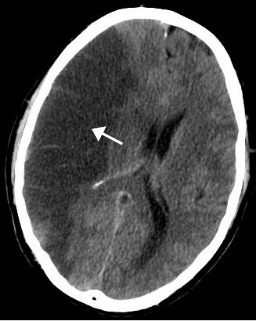
The Island Carib, also known as the Kalinago or simply Caribs, are an indigenous people of the Greater and Lesser Antilles in the Caribbean. They have descended from the Mainland Caribs (Kalina) of South America as well as the Arawakan people of the Greater Antilles. The women and children spoke an Arawakan language known as Eyeri. Meanwhile the men spoke a carib pidgin language of Karina origins.

Toledo District is the southernmost district in Belize, and Punta Gorda is the District capital. It is the least developed region in the country, and it features some of the most pristine rainforests, extensive cave networks, coastal lowland plains, and offshore cays. Toledo is home to a wide range of cultures: Mopan and Kekchi Maya, Creole, the Garifuna, East Indians, Mennonites, Mestizos, and descendants of US Confederate settlers.
The music of Belize has a mix of Creole, Mestizo, Garìfuna, and Mayan influences. After many centuries of Maya habitation, British colonizers arrived in the area in the 17th century. Belize was Britain's only colony in Spanish-dominated Central America until self-government in 1964 and gaining full Independence in 1981. Belize is still part of the Commonwealth of Nations. Far more influential than this presence, however, was the importation of African slaves.
Garifuna music is a type of music found in Central America, primarily on the Caribbean coast of Belize, Guatemala, Honduras, and Nicaragua.
Punta rock or Belizean punta is a form of the traditional punta rhythm of the Garifuna people of Honduras, Belize, and Guatemala. Although most artist and bands are exclusively Garifuna, songs are usually in Kriol or Garifuna and rarely in Spanish, or English.
Tropic Air is an airline operating scheduled services from Belize. Founded in 1979 by John Greif III with just a single airplane and two employees, Tropic has steadily grown to a fleet of 15 light aircraft. The airline flies to 17 destinations in Belize, Mexico, Guatemala and Honduras. The airline also offers various sightseeing tours.

The Belizean culture is a mix of influences and people from Kriol, Maya, East Indian, Garinagu, Mestizo, Mennonites who are of German descent, with a blend of many other cultures from Chinese to Lebanese. It is a unique blend that emerged through the country's long and occasionally violent history.
Ivan Duran is a music producer and musician, and the founder and director of Stonetree Records, an independent record label and music recording studio based in Benque Viejo del Carmen in Belize. He has produced over 30 albums featuring the musical styles of Belize and the region.

Umalali is a collaborative project put together by Belizean musician and producer, Ivan Duran. Umalali is defined by the stories that comprise The Garifuna Women's Project.
The 2013–14 Premier League of Belize is the third season of the highest competitive football league in Belize, after it was founded in 2011. There are two seasons which are spread over two years, the opening and the closing.
The 2014–15 Premier League of Belize is the fourth season of the highest competitive football league in Belize, after it was founded in 2011. There are two seasons which are spread over two years, the opening and the closing.
St. Peter Claver Catholic parish is located in Punta Gorda, Toledo District, Belize.

Rosita Baltazar was a Belizean choreographer, dancer, dance instructor and founding assistant director of the Belize National Dance Company. In 2004, she was awarded the Lord Rhaburn Music Award as a dance ambassador and in 2009 she received the Chatoyer Recognition Award from the National Garifuna Council of Belize for her efforts at preserving Garifuna culture.
Sofía Blanco is a Garifuna singer from Guatemala, widely recognized for her talent and efforts to promote the cultural traditions of her people. She has been a featured singer on several albums of Garifuna music, and has toured internationally with the Belizean group Garifuna Collective and Garifuna Women's performance band Umalali, one of the groups selected for performances at the 2010 Winter Olympics in Vancouver.














